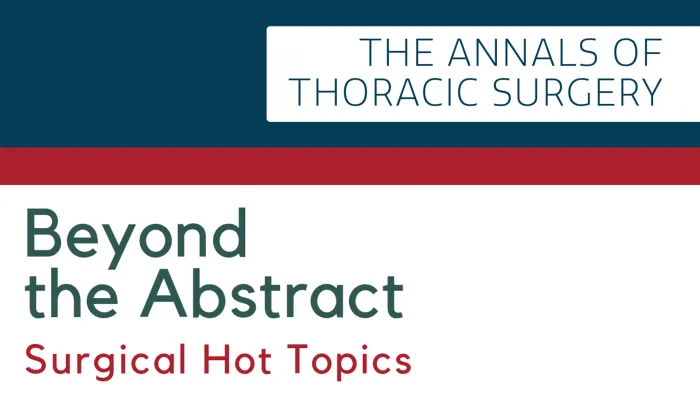Dr. Thomas E. MacGillivray explains how the ISCHEMIA trial does not negate or even contradict the multiple previous clinical trials demonstrating the superiority of surgical revascularization over medical therapy (or PCI) in patients with specific anatomic patterns of coronary artery disease.
